Fight or Flight
Some years back, I moved from my reasonable confines of Salt Lake City to Los Angeles. At the time, to say the least, I needed a new chapter and had found one with a woman I now call, (dearly!) my wife. What led me there? Well, that answer is either complicated or easy, depending on how you look at it. An ex-wife (long story), a recently deceased dog (Franky! I still love you, buddy! RIP), and a brother suffering from a near-fatal disease (even longer story) had me wanting and desperately needing new scenery. More so, I was a born and bred Utah boy with no real living experience outside of the Salt Lake area, and this gave me a sense of flight that even to this day, I can’t really say I’ve come to terms with. But, I had the person I knew I was meant to be with, a new job (an even longer, longer story), sunny year-round weather, beaches, and an endless bar and restaurant scene that could tame even the most debaucherous 20-something in me. And, so, I headed more West.
One of the first things I imagine any small-town person experiences in a big city like LA is the vastness. And I’m not talking about the vastness of the, to me, local landscapes here in Utah like the Uintas or the San Rafael Swell. I’m talking about the vastness of humans. Everywhere you turn. Left. Right. Up. Down. Everywhere. Streams of humans leading to rivers of humans. The rivers of humans led to the ocean… that’s also full of humans. It’s all around you. Now, that’s not to say I didn’t have things to enjoy and occupy myself. For the first time in my life, almost overwhelmingly, I was surrounded by people who thought like me, acted like me, and even drank like me! This was a breath of fresh air at the time. And I soaked up every minute of it (see previous comment about people who drank like me). It was invigorating to have dinner party conversations about social justice topics. Soothing to hear critics of Paul Ryan while surrounded by progressive up-and-comers. These, and I mean this as no foreshadowing, are still things I love about LA, and probably even more generally, big cities.
At the same time, I couldn’t shake the feeling that I was different from everyone else. Sure, we agreed politically on the same things. We liked the same things. We still probably do – I hope! Yet, in my heart, I knew and felt like I was still a Utah boy who missed his hometown. Hell, the mountains. The proximity to fly-fishing streams. The quiet solitude that comes from being 30 minutes outside a metro area and not hearing a soul – other than that which you want to hear: the rustling of birds in the brush, the roar of an eagle or hawk just a ridge away, the ripples of a river untouched, the rise of a trout. These were things not many of the people I worked with or socialized with could understand in the way that I could growing up in a place like Salt Lake. And, as such, I began to feel lonely, isolated, and homesick. It wasn’t until my wife and I took a weekend trip to Utah so we could backpack the Uinta’s that I fully gained consciousness of this, and it stuck. Hard.
Depending on which way you look at it, LA is either a Mecca of the way things could be or an example of what things shouldn’t. This is well documented and I’ve had too many experiences on both sides to explain in this article. Maybe some other time. But, I will say this, and I say this with great respect to the friends and family I still have in that area, is that when everyone starts to think the same, things get boring. Hell, I’d had the same feeling about Salt Lake for 30+ years! But, it would be some time before I really understood this.
Hello, Southern Utah
My wife and I moved back to Salt Lake after about two years (well, two years for me) in LA. Soon after, we started traveling down south. Our trips south started as a way for my wife and I to experience new parts of the state together. But what started as a leisurely way to spend time together in the southern part of our state – technically, my “home” state – evolved and things started to get convoluted or, clear, depending on how you want to look at things. We had gone to Moab and navigated the hordes of tourists, not even yet in tourist season. We had been to Bryce and navigated the hordes of tourists… in tourist season. We began to yearn for quieter places, where you could still find the beauty of red rock country, but fewer hordes of people. I imagine many have at times felt similarly. We continued our travels around the lower parts of the state, one trip here-and-there at a time. During these trips, I started to find myself struggling with, at the time, recent headlines about Bears Ears and what or whatnot should be done with the area. As I met locals, both GOP and Libs, I realized that things in Southern Utah were not as clear cut between blue and red as I had once imagined living in LA. This would mark a pivotal point in my relationship with “blind liberalism” as it relates to land management. But, if you’re reading this as a “blind Repub”, don’t get too excited just yet, either.
So, What Does It All Mean?
Not long after, I realized that one of the things I loved most as we traveled about Southern Utah was how much I enjoyed getting these local opinions about the latest headlines (also, the burger shacks. My God, you wouldn’t believe it but some of the best burgers I’ve had in my life are in places you wouldn’t even imagine!). And what I discovered, has stuck with me since. You see, it’s easy for someone who’s been accustomed to the party-line discussions and opinions to stick to those party-lines when you live in a place like LA. Hell, even in SLC it’s easy to get sucked into a singular way of thinking, as anyone on any side of the aisle can attest to – and you know who you are!
Yet, what I found as we traveled through rural, Southern Utah was that I didn’t actually hate people who didn’t share my same beliefs in what should be done with these lands. And, just as surprisingly, they didn’t hate me and some of my own opinions! In fact, it gave me cause to rethink my opinions and determine my own beliefs on the issue(s). Some stuck to my natural “left” leanings, others did not. I found that I welcomed that, once I got over the, admittedly, shock of not being 100% right with every belief I hold/held, or possibly more accurate, had been taught. I met Forest Service personnel who wanted more Federal Oversight of Utah lands, without adding Monuments. I met GSENM Rangers who demanded more investment in land management and managers, regardless of Monument or not. I met locals who both loved adding more monuments and I met locals who absolutely hated the idea. But what I learned was to listen to the people who lived there. Hear them out – regardless of which way I felt about things. And in the process, I gained a whole new understanding and respect for the people who consider these places home. When you are dealing with people in their everyday lives, you suddenly realize nothing is as black and white as the politicians would like us to believe. All-this, or all-that, they demand, as it slowly tears us apart from our fellow human beings. But the truth is, people in these disputed lands are, indeed, actual HUMANS, and if you spend any time at all understanding the very unique conditions and situations surrounding them, your world actually gets a little bigger, not smaller. You realize that for decades, hell, almost centuries, they have been crafting an existence in hellish environments and just might have some unique and helpful perspectives on the land. Some might be right, some are probably wrong. Just as if they were to come visit you in LA, Salt Lake City, or San Francisco (Abbey’s “A San Francisco Journal” comes to mind). Imagine the harshness of them telling you how to run your city! Then again, they, like you, might also have some helpful suggestions.
So, what’s the point, you say? All in all, how limited does it make our world if we simply subscribe to an all-this, or all-that mentality? Despite its size, the world of Southern Utah is amazingly complex, diverse, and difficult to wrap your head around. Just as the red rock canyons can’t easily be described, neither can the people, issues facing it, or the experience these people have had, and will continue to have, in these remote areas. So the next time you run into someone who is emphatically all-left or all-right on what should or should not be done with these lands (or more likely, you will not run into these people in person, they send you nasty comments on social media or in the dreaded “comments section” of online newspapers if you appear to veer one iota from their thinking) remind them that this is an issue that we all have to work together on because these places, and these towns, are too important to lose to “fuck you politics” (For reference on what I mean, you can read Jim Stiles history of Bears Ears to learn more). And if we all opened up our minds to a little bit more productive discourse these days, perhaps we wouldn’t be in the situation we are in.
To comment, scroll to the bottom of the page.




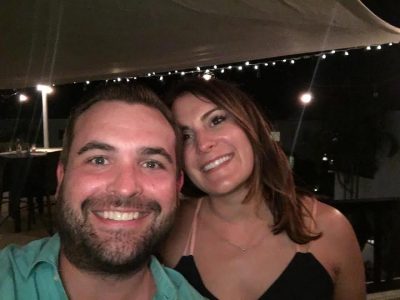
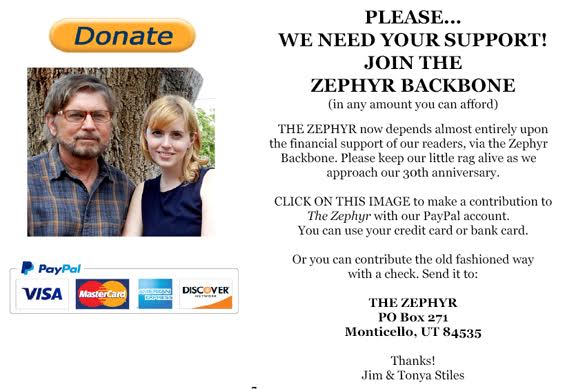
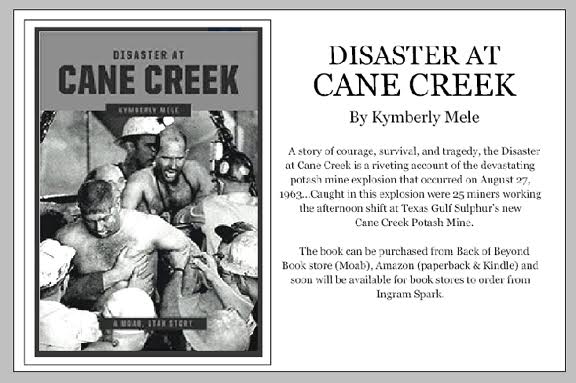

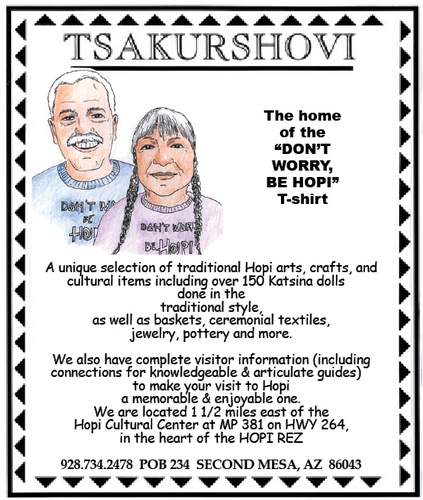
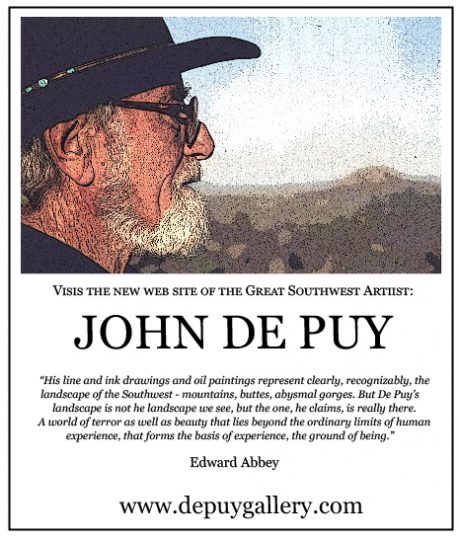
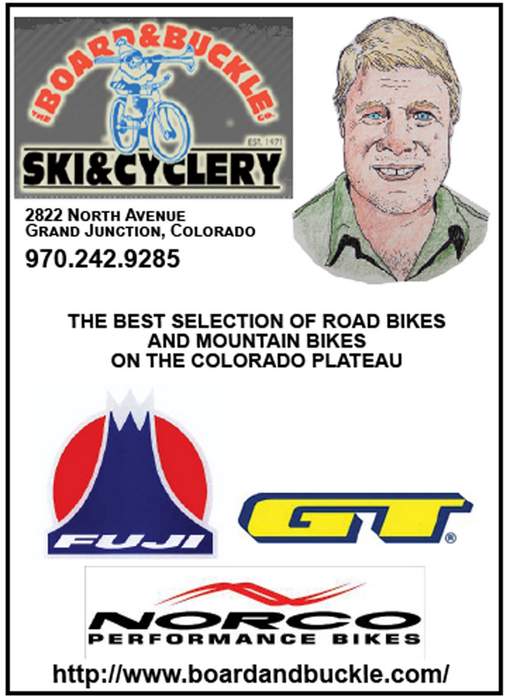

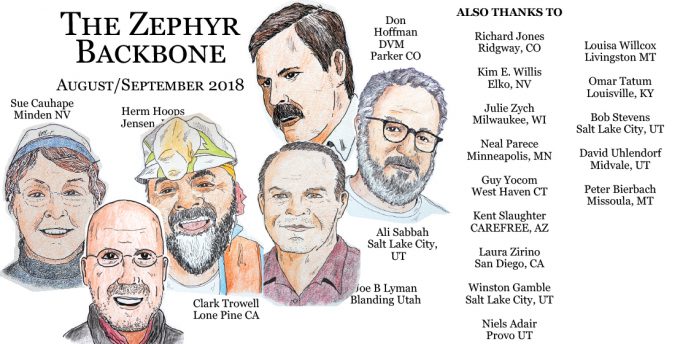
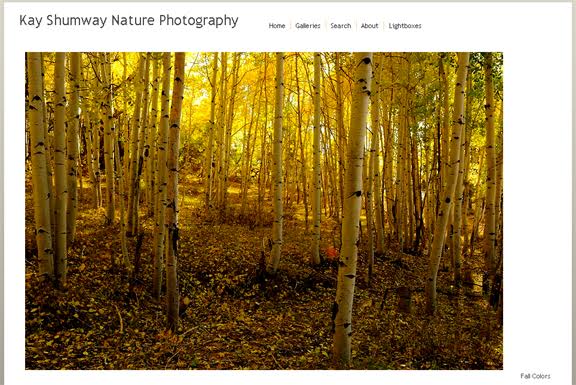
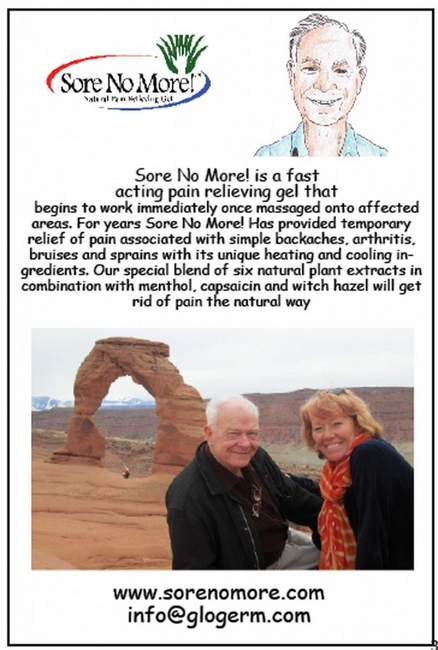
Jim, you probably don’t know me but you may remember my wife Betty who use to work at the stationery store next to the theater.
I had lived in SoCal almost all my life, but was getting weary of the unbalanced growth and density. Being an avid 4-wheeler, I had attended a few EJS events and fell in love with the towns “atmosphere” and hospitality.
So after much research, I decided to sell my hardwood flooring business and move to Moab in 1991, but not before doing much diligent (2 years) research as to infrastructure related to population growth: water, available land for building and weather.
I was still in my late 40’s but was looking for some place to live for “the duration” . So I bought a parcel of land on Rocky Road and built my “dream” home.
It was a euphoric time in my life.
But all good things come to an end they say. Before long (in the early 2000’s) Moab was beginning to be discovered by the same element that I had left CA for. And soon, after Moab had lost it magic.
In 2012 we decide it was time to exit Moab and move to Grand Junction, as I was getting ready to retire and saw no value in living out my life having to deal with the ever expanding unnatural growth that was eminent.
We were having to be very selective on the times to go to the grocery store and restaurants.
Not that this is all bad, it’s just that it was not what we bargained for.
Now, even when we return to Moab occasionally, we have to be very selective what month / day / time.
The saddest part is the town is being taken over by those that see this growth only for the money it brings into the town.
Marty & Betty Avalos